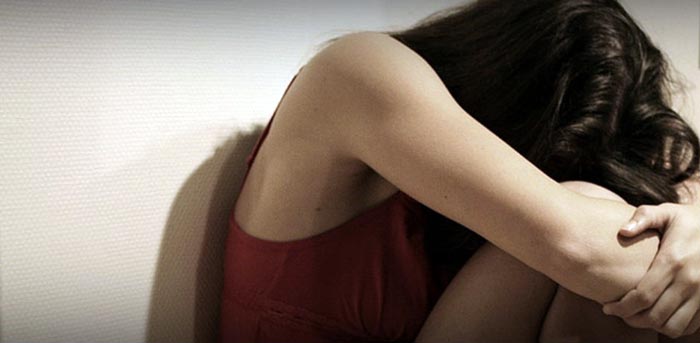About Depression
Depression can be likened to a repetitive sense of hopelessness, self-loathing, and emotional turmoil that disrupts one’s state of life.
Just as many behavior patterns can conjure feelings of depression, this illness can also give rise to noticeable behavior patterns that further extend the issue.
Recovering from depression is an exacting process that requires an intent effort on the part of the individual.
Depression treatments often entail the use of cognitive behavioral therapy, a practice by which an individual replaces negative thoughts with positive, constructive ones. Additionally, lifestyle changes often accompany the recovery process.
For example, integrating meditation, laughter, exercise and proper diet into the framework of everyday life can minimize the symptoms of this disease.
Of course, there are several behaviors that contribute to the recidivism of this illness.
What To Avoid When You Are Depressed
The following list explores 11 behaviors that you should avoid during a major, depressive episode.
#1: Refrain from entertaining the possibility of death, in an effort to avert your grossly agonizing state of mind.
Confronting your issues head on may feel disconcerting at first, but this is the key to a sustainable recovery. If you ruminate on death, you will redirect your focus from the essence of life, to the inability to live.
#2: Do not isolate yourself from social situations. During depressive episodes, sufferers often reside within an enclosed space, designed to protect the from the precarious nature of the world around them.
Doing this will further alienate you from others, and amplify your depressive state of mind.
Involving yourself in social situations around trusted friends or loved ones can generate serotonin, increase immunity, and mitigate your depression to an extent.
#3: Avoid binge eating at all costs. Binge eating typically entails a reckless consumption of comfort foods, which are often infused with saturated fats, sugar, and other harmful ingredients.
When depression gives rise to overeating, you risk the possibility of becoming overweight and developing obesity related diseases.
This can adversely affects your vital organs, blood sugar, and more. Furthermore, an improper diet inundated with artificial ingredients can radically alter both your mood and your capacity to regulate your own emotions.
#4: Do not engage in a sedentary lifestyle, as doing so will merely prolong your depressive episode.
As it turns out, exercise induces a rush of happiness-promoting hormones that create feelings of joy and excitement. Whereas, a sedentary lifestyle decreases circulation throughout the body.
#5: A depressed individual should never succumb to negative patterns of thinking, especially those that affect their sense of self worth.
When a person engages in negative self talk, they internalize feelings of haplessness, loneliness and self-loathing.
#6: Do not rely on material possessions to mollify your depressive symptoms.
Although material items may grant you a temporary reprieve from your depression, they do not serve as a cure for your disorder.
#7: Do not invest yourself in a rebound relationship, in order to detract from your depressive symptoms.
If you embark upon a relationship in the midst of depression, you will ebb negativity and toxicity to the person you are seeing.
Not only will you poison the relationship with perpetual self doubt and despair. but you will rely on the other individual as an emotional crutch.
#8: Refrain from blaming the world for your state of mind. Depression is undoubtedly an agonizing state of existence that can give rise to both physical and emotional symptoms.
However, victimizing yourself will merely disempower you, and deny you accountability of your life and decisions.
Although depression often derives from environmental influences, it is an explicitly internal state that must be addressed from within.
#9: Complaining is one of the most toxic behaviors that you can engage in during a depressive episode.
Complaining lacks any conceivable constructive purpose, and rarely contributes to the betterment of a situation.
#10: Do not deny the presence of your depressive episode. Many people are afraid to divulge their struggle with depression, fearing that it would shame them in the eyes of others.
Contrary to what you may believe, millions of American suffer from this condition. And coming to terms with this illness is the first step to recovery, and perhaps, one of the most courageous steps.
#11: Do not drown yourself in work related duties in order to escape the pain of your situation.
It is very important that you confront your issues head on, admit to the reality of your situation, and consult with a professional as soon as possible.
Work may serve as a temporary guise for the perceived dysfunction in your life, but it is by no means a cure for your emotional turmoil.
